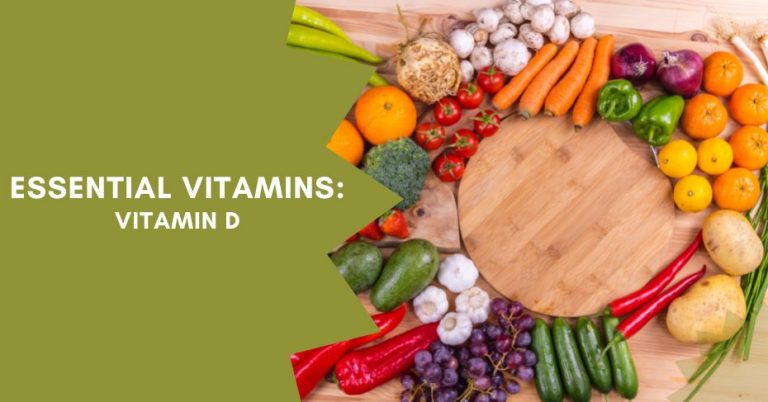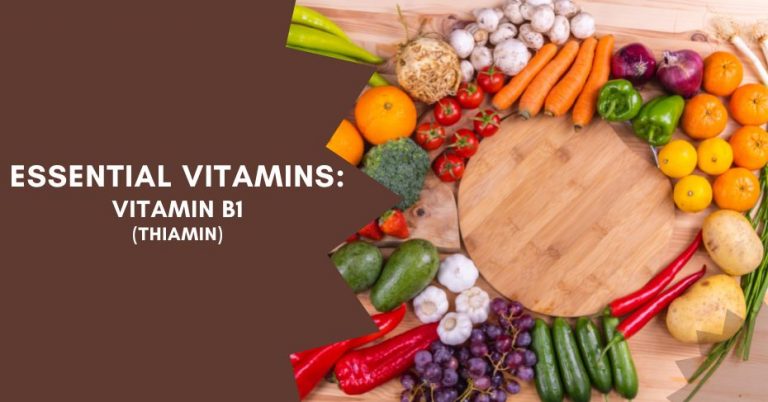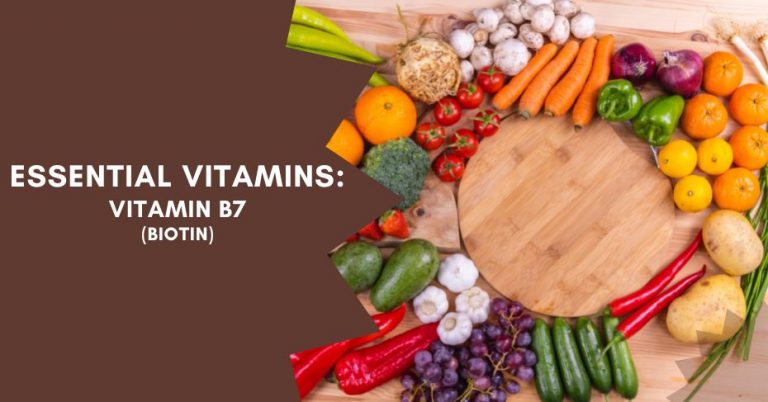Vitamins are essential for human health, yet many people don’t know much about the vitamins they consume. Vitamin B3, more commonly known as niacin, is an essential vitamin that helps keep your body functioning properly. Read on to learn more about the amazing benefits of vitamin B3.
What Does Vitamin B3 Do?
Vitamin B3 is important for many functions in your body, including helping cells work properly and converting food into energy. It also helps to keep your skin healthy and maintain your nervous system. Additionally, Vitamin B3 plays a role in DNA formation and can help reduce inflammation in the body.
Benefits of Vitamin B3
Vitamin B3 has several benefits for the body. One of the most important benefits is its role in energy production — it helps the body break down carbohydrates, fats and proteins and convert them into energy. Niacin also plays a role in hormone production — it helps to produce hormones like testosterone and estrogen. It is also linked with improved heart health — studies have shown that taking high doses of niacin can lower total cholesterol levels and raise HDL (good) cholesterol levels. Additionally, vitamin B3 has been linked to improved brain health — it helps to maintain healthy brain cells which can improve cognitive function and reduce depression symptoms. Finally, niacin has antioxidant properties which help protect against cell damage caused by free radicals.
How Much Do I Need?
The recommended daily amount of vitamin B3 varies depending on age and gender. Women who are pregnant or lactating need higher amounts than other adults. The Institute of Medicine recommends that adults get 14 milligrams (mg) of niacin per day for women and 16 mg per day for men. Children between 4-13 years old should get 6-12 mg of niacin each day depending on their age.
Food Sources of Vitamin B3
Vitamin B3 can be found naturally in many foods including meat, fish, poultry, eggs, dairy products, nuts and seeds, legumes, fortified cereals, mushrooms and some green vegetables such as broccoli and spinach. Some food products are also fortified with additional amounts of niacin such as breads and breakfast cereals. Niacin is also available as a dietary supplement but talk to your doctor before taking any supplements to ensure they are right for you.
Vitamin B3 Deficiency and Its Symptoms
A deficiency in Vitamin B3 can be caused by not getting enough from food or supplements, or if you are unable to absorb it properly due to genetic issues or certain medications. A deficiency can lead to fatigue, depression, skin issues such as rashes, digestive problems like nausea and vomiting, and muscle weakness. If left untreated, a deficiency can lead to more serious conditions such as pellagra—a condition that affects multiple systems in the body—or heart disease. If you believe you may have a Vitamin B3 deficiency consult with your doctor right away for proper diagnosis and treatment options.
Bottom Line
Vitamin B-3 (Niacin) is an essential nutrient required for various bodily functions such as cell repair & energy production . It is found naturally in many foods & fortified products but if you think you may be deficient it’s best to speak with your doctor first before taking any supplements. Eating a balanced diet rich in these foods will help ensure that you’re consuming enough vitamin b-3 each day. Remember that vitamins are only one part of the equation when it comes to optimal health so make sure you include other lifestyle factors such as exercise & stress management too. With all this knowledge now at your fingertips there’s no excuse not to start optimizing yours & other’s health today!





